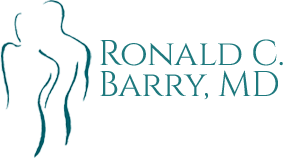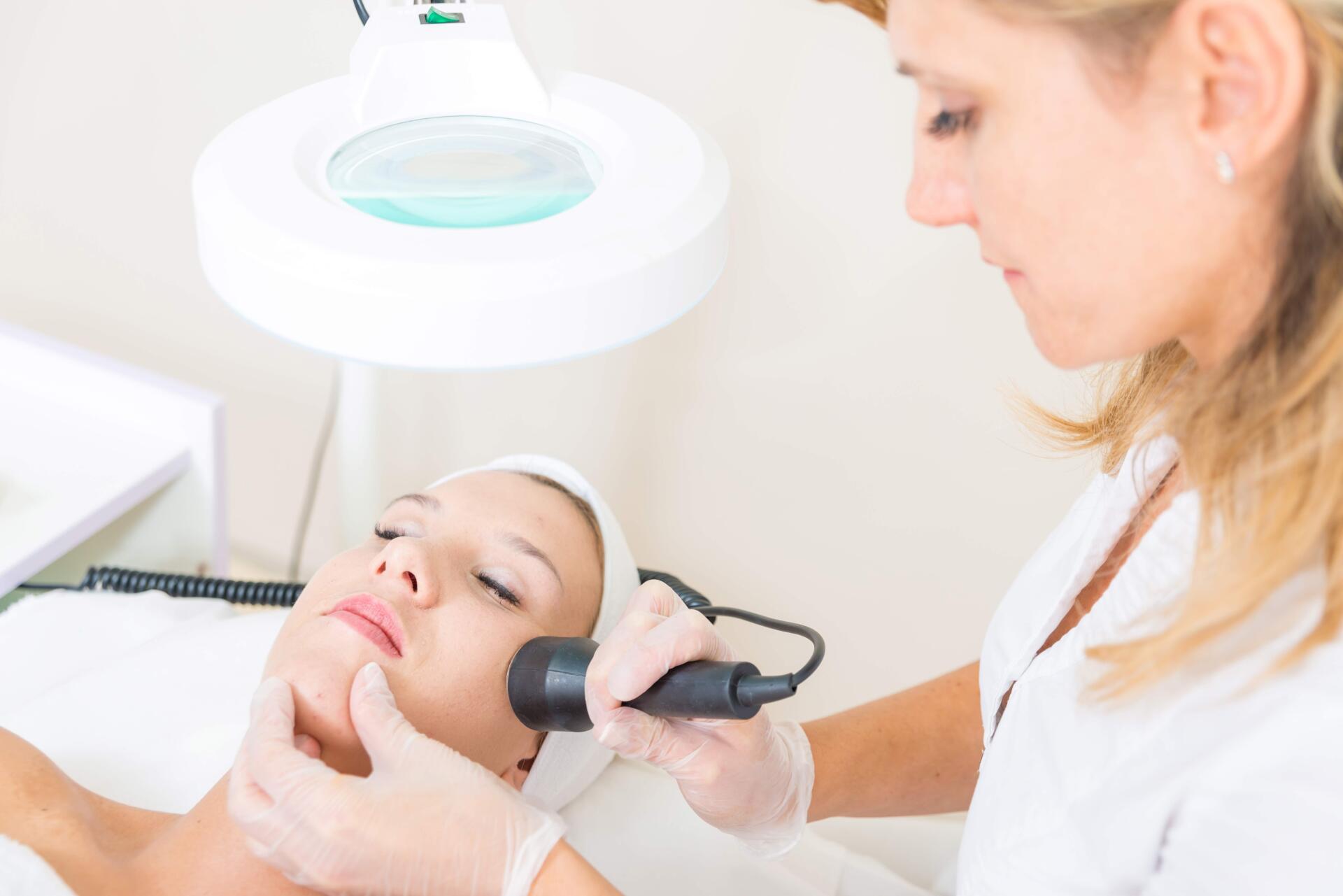What to Expect From Breast Changes After Augmentation
Breast augmentation tops the list as the most common cosmetic surgical procedure of 2017, according to the American Society of Plastic Surgeons. If you're about to become one of the more than 300,000 women who choose augmentation annually, understanding how it affects your breasts as a whole is important.
Beyond the obvious size increase, take a look at the other potential post-surgery changes that you may notice.
Higher Nipples
Satisfaction with nipple placement is a major factor in how patients respond to their new post-surgery breasts. Immediately after surgery it may seem like your nipples are much higher up on your breasts than they were before. This is completely normal and not always a lasting consequence of breast augmentation.
Your new implants may need time to settle or drop. After this happens your nipples will also move to a lower, more natural position.
Skin Scarring
The surgical incisions will gradually heal after the procedure. But they may leave behind small, but somewhat noticeable, lines. Your surgeon can discuss the scar potential and placement prior to the augmentation.
The amount of scarring that you have depends on several factors, including the procedure itself, the surgical incision, your skin tone, and your body's ability to heal. In most cases, clothing will cover any scarring, making it almost unnoticeable.
Along with natural healing and fading, you can speed the process along by following the doctor's post-surgical instructions. That said, there is no magic eraser that completely eradicates scars. If you still have scarring concerns, talk to your doctor about using creams or other products to reduce the appearance of the red or pink lines.
Significant Swelling
You knew that the augmentation would result in fuller breasts. But you may not have expected the size that you see after the surgery. Even though your breasts may seem significantly larger than what you asked for, this isn't their true size.
It's normal for your new breasts to swell in the week or weeks following the procedure. Surgery is a trauma to your body. Like any other physical trauma (whether it's a purposeful surgery or an accidental injury), the body has a natural response — inflammation. As your body heals, the swelling will calm down and become much less noticeable.
If you have concerns about extensive, new, or prolonged swelling, speak to your surgeon immediately. You could have a post-surgical complication or infection. Your doctor will need to examine the area and recommend a treatment plan.
Numb Nipples
The position of your nipples isn't the only change following breast augmentation surgery. Some women (but not all) experience numbing or a tingling sensation in the days or weeks following the procedure. Like many of the other noticeable changes, this is often a completely normal part of the healing process. Injury to the delicate nerves in the area is typically the cause of this odd sensation.
As the nerves begin to heal, you'll gradually begin to get normal feeling back. This can take weeks or months, depending on how quickly your body heals and the extent of the nerve damage. You may feel itching, burning, stinging, or discomfort as the nerves heal. If you have concerns about these sensations, address them with your surgeon immediately.
Along with surgically related nerve damage, post-op swelling can also cause nipple issues. Compression of the breasts and the nerves inside caused by swelling can also add to numbness or tingling. Over time the swelling will decrease, alleviating the compression and allowing the nerves to function normally.
Are you considering a breast augmentation surgery? Contact the office of Ronald C. Barry, MD, FACS for more information.





